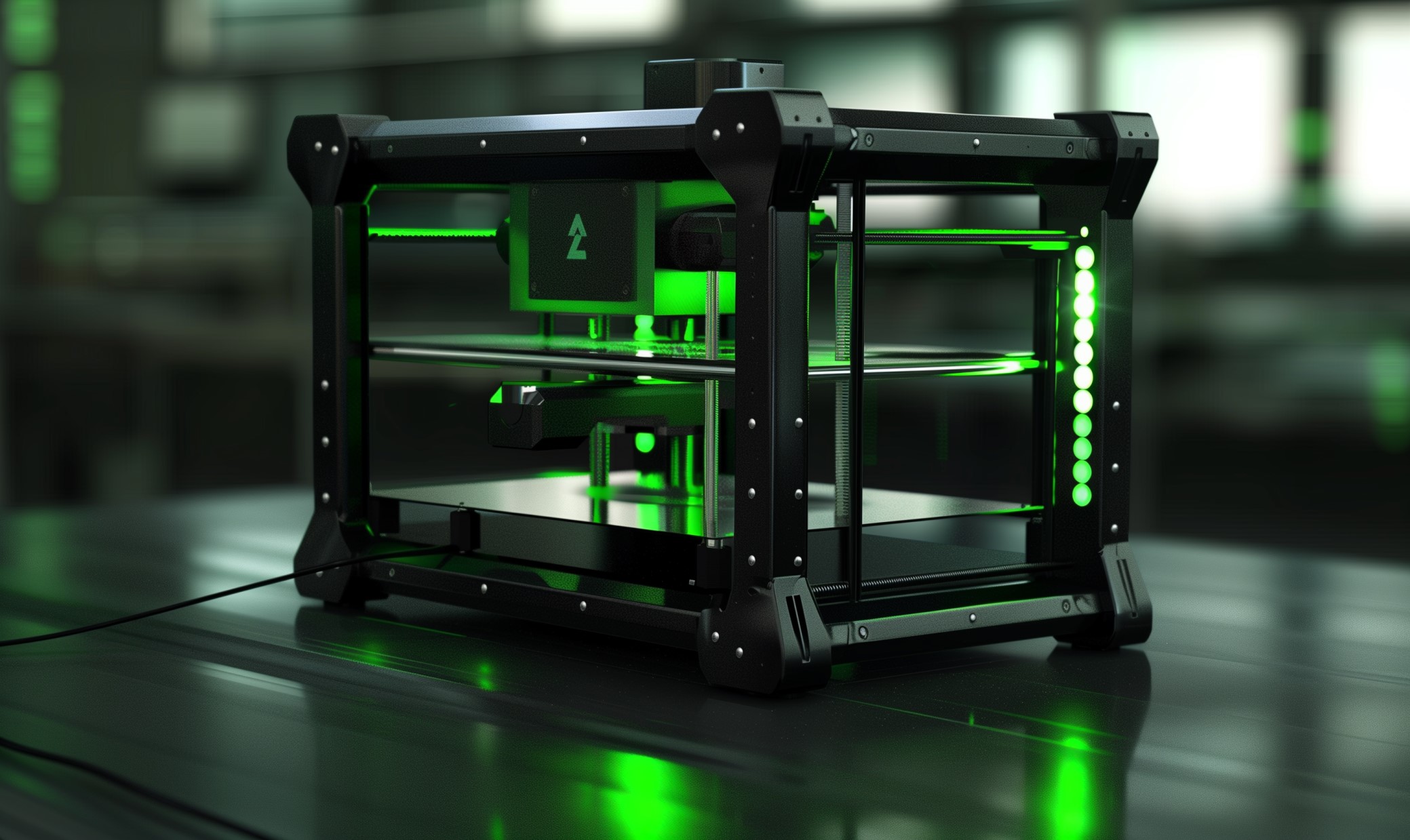Technological progress breaks barriers around the world every day. Certainly, industries and businesses like to improve upon what they have to get ahead of the market at every imaginable turn. Medical tech advancements and the industry, however, has a different drive than just the sway of consumer demands.
Illness and diseases are starting to be pushed back against in ways we dared not imagine in years past. Cures and treatments are beginning to come to light in stronger ways.
These advancements are credited to medical technology or medtech, leading the way for better technology in the future. For now, here are five medtech advancements to keep an eye on over the coming years.
1. Genome Editing
Genome or gene editing is the ability to change the DNA of an organism with technology. Genetic material can be removed, added or changed at particular locations. There are ethical questions associated with the technology, as the effects of one person will be passed down through generations. However, research is underway with this technology to find cures for sickle cell disease, cystic fibrosis, hemophilia, other genetic disorders, as well as HIV/AIDS, mental illness or even cancer.
The CRISPR-Cas9 is newer genome editing device which is cheaper, faster and more efficient than other methods. Named for clustered regularly interspaced short palindromic repeats and protein nine, the CRISPR-Cas9 has the potential to eradicate Zika, yellow fever and other borne diseases. This technique was adapted from naturally occurring editing in bacteria.
2. Artificial Intelligence
Artificial intelligence (AI) is making leaps and bounds in the medical field, far more than we initially predicted could happen. However, AI has the ability to find patterns unlike any humans could, learning in ways that are both instantaneous and permanent. Because of this unique ability, AI is making strives to detect Alzheimer’s disease in patients before any signs can become apparent.
AI has big proponents in the industry, like Bill Gates who sees a double-edged sword but one that can be used to our advantage. While AI is a labor market nightmare, the benefits we could gain far outweigh the bad for humankind as a whole. This is, of course, assuming that AI doesn’t eventually rise against humanity in some science fiction fashion like Gates suggests. Time will tell.
3. PURE EP System
BioSig Technologies, Inc. is a medical company working on biomedical signal processing to address the need for electrophysiology (EP). BioSig has performed the first successful implementation of PURE EP on a patient with FDA approval. PURE EP is used to study patients with persistent atrial fibrillation with the goal being a detailed report on the user experience during procedures.
According to Dr. Andrea Natale who conducted the studies, PURE EP can identify cardiac signals where doctors previously couldn’t. “I believe that the PURE EP System could change diagnostic and treatment strategies of arrhythmias, leading to more successful outcomes.”
4. Nanotherapy
For treatments to be less invasive, complicated or expensive, nanotechnology is quickly becoming the way to go. The costs are lowered, patients have better outcomes and more healthcare services can be provided with the use of this tiny tech. Inorganic nanotech made from gold and silver, ranging in size from one to 100 nanometers are being used molecular probes in subcellular function and in vivo tumors.
Cancer treatments are beginning to use nanomaterials for imaging software but can be more aggressive. Researchers from Bar-Ilan University of Isreal have been working on 25 to 35 nanometer bots to send drugs to infected cells while leaving healthy ones alone. Lead professor Ido Bachelet has so far developed robots that can recognize 12 different cancer cell types.
5. Record Keeping
Certainly not as exciting as advancements in medicine are those advancements to help the medical field without impacting illness and injury directly. One of these integral parts are the medical records holding sensitive information of every patient on the planet. All of these records must be kept safe while also being accessible to study and find cures for ailments around the globe. Oddly enough, blockchain can help.
The company Medicalchain is letting patients decide what happens to their medical records and who can view them with their permission. Patients can share their information with researchers with this technology. Meanwhile, those research institutions can compensate the patient with tokens.
What Tomorrow Brings With Medical Tech Advancements
Medical tech advancements will continue advancing into spaces some of us could only imagine or even not believe at all. For now, we can only watch from the sidelines about where tech is going and hope we’re watching the right subset. Every day, tech is released that changes the way we used to think about everything, and more changes will be made as time goes on. Whether for good or ill, change always happens on vast scales, especially in the last century or so. Whatever the next big thing is, it could even happen tomorrow.
Recent Stories
Follow Us On
Get the latest tech stories and news in seconds!
Sign up for our newsletter below to receive updates about technology trends














